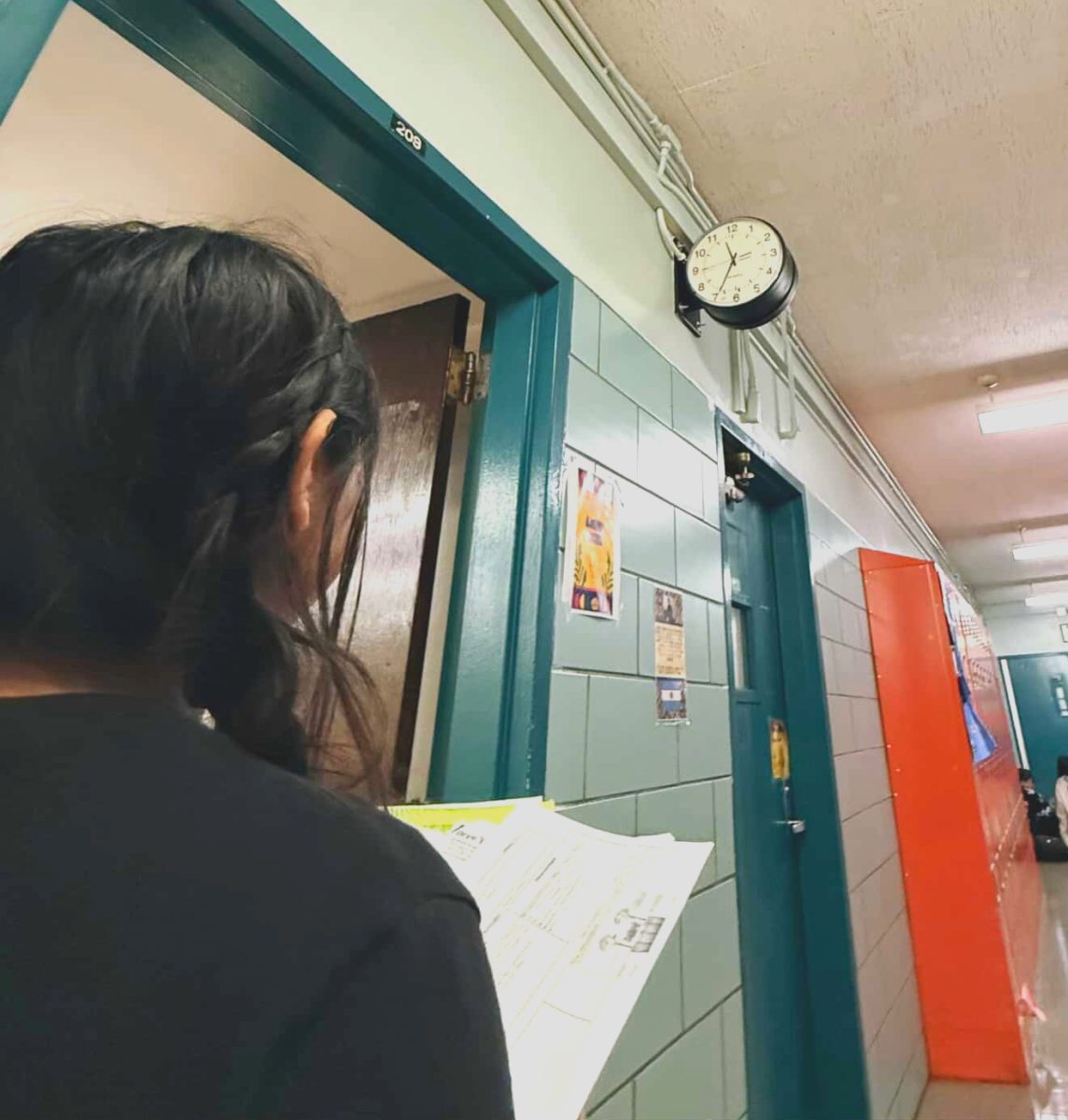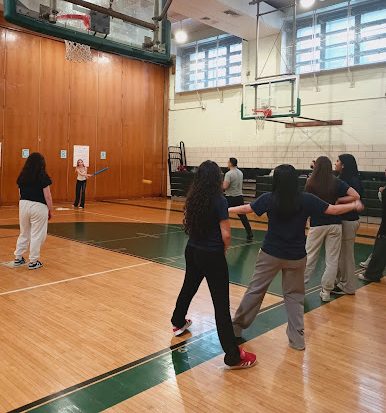NYC Museum School’s New Grading Policy
For Better or Worse?
December 22, 2022
This school year, the NYC Museum School’s administration announced a new school-wide grading policy, leaving many students wondering how their grades would change. The previous grading policy was department-based and commonly used among NYC public schools. The change was brought upon by the Department of Education’s (DOE) advocacy for schools to grade through an “equity lens.”
The Museum School’s grading policy currently consists of four categories: Tests and Quizzes (40%), Projects and Formal Discussions (30%), Skills and Practice (20%), and Homework (10%). The “new and improved” system is controversial among Museum faculty and students. Marking period one report cards were recently released, and faculty were able to put the new grading policy into effect, leaving students to judge if the system is up to par.
Principal Andre Rodrigues stated, “Though not confirmed that our grading policy had a major effect on this, our passing rate percentage in core academic classes has increased by one to two percent, or remained consistent.”
Mr. Rodrigues explained that the grading policy was changed following the creation of the “Grading Policy Committee,” a group composed of Museum teachers, students, administrators and parents. This committee gathered to discuss the future of the school’s grading structure after reading Joe Feldman’s, Grading for Equity.
Math teacher Ms. Schleissman stated, “I have used this grading system for a while. It is fair, and a definite upgrade from the DOE grading. However, it’s hard grading the formal discussion portion since it’s not really seen in math.” Science teacher Mr. Wassmuth added that the grading system is also “effective in capturing students’ learning progress and growth,” but admits that if he could, he would alter the grading percentages in order to better correspond with his learning curricula.
Assistant Principal Laura Hindelong is a strong advocate of the new system. She stated, “The new grading policy is effective in capturing the students’ learning progress, and there is evidence of students doing very well, although this is a major adjustment.” Hindelong said she also believes the new policy is “helping unify the faculty as well as the students.” Though the administration believes it to be effective, there is still room for adjustments amid teacher feedback.
After seeing their report cards, many students believe this new grading system is going well. Current junior Abigail Gottesman stated, “I didn’t realize much of a difference between my report card this year compared to last year.”
Though some praise the change, it has had a fair share of criticism from students. Sophomore Avery Bendolph commented, “I don’t like the grading policy because I am not the strongest test taker, but tests are weighted so heavily that even when I excel in the other categories such as homework and class participation, my grade is still dramatically affected by the tests I didn’t do as well on.”
As the 2022-2023 school year progresses, the administration is searching for further community feedback to work towards building an inclusive, fair, and accurate grading policy.




























Cheyenne • Jul 21, 2024 at 9:38 am
THIS IS EXCELLENT WRITING!! This gives me hope for the future ↕️